Where can you find racial diversity resources to help facilitate meaningful discussions with your children? It might be Black History month, Juneteenth or current events motivating us with a teachable moment. But, maybe it’s sparking the flame of lifelong learning and motivation to do the hard work of change.
Part of education is learning about the world around us. But, it’s also about learning about ourselves. It’s not enough to learn about the world of systemic racism at a comfortable distance that it’s “others” and “back then.” We also have to learn about how we fit into the system in the here and now.
It’s an important first step to understand that we all have a natural, implicit bias. Just the default of what your own mind processes about it. We have to be willing to unlearn and relearn.
A great starting point is this implicit bias test on a variety of topics, including race and skin tone. I was one who never thought I was biased about race. I thought I considered everyone the same. But, the tests reveal thought patterns that I never realized were there–are there. I think you’ll be surprised at your own results too.
I often say, homeschooling is about learning along with your students. We learn things we never realized or knew before. Remediating our own educational deficiencies is a side effect of homeschooling. Race relations is one of those topics that I’m learning anew.
Any discussions that I participate in now, I will always be open to learning something new. I am still in learning mode. Let’s learn together.
We have the opportunity to redeem our past education about racial diversity. Educate yourself It's a start to #endracismClick To TweetRacial Diversity Resources
When we know better, we do better. Let’s do better about racial diversity discussions with our kids. Here’s some resources to help us start to do better in our homes and in our homeschool groups:
Talking About Race with Young Children Podcast: NPR Life Kit podcast series for parenting and discussing difficult topics with kids. Additional resources to educate yourself to facilitate conversations with children.
Safe Space Radio: This hour-long program is about talking to white kids about race and racism: how white parents, families, and teachers can learn to show up for racial justice in a way that will make a difference for generations to come.
Embrace Race: Tools, resources, discussion spaces, and networks needed to meet these goals:
- Nurture resilience in children of color
- Nurture inclusive, empathetic children of all stripes
- Raise kids who think critically about racial inequity
- Support a movement of kid and adult racial justice advocates for all children
Colorful Pages: Resources to help educators, families, and librarians use multicultural literature/diverse books effectively; including Book Lists, Lesson Plans, Book Reviews, Information about how to use diverse books.
Crash Course: Black American History on YouTube.
Here Wee Read: Connecting people with diverse and inclusive books, kid-friendly products and family experiences.
We Need Diverse Books: A grassroots organization of children’s book lovers that advocates essential changes in the publishing industry to produce and promote literature that reflects and honors the lives of all young people.
Raising Luminaries: Reviews and activities with engaging children’s picture books to discuss hard topics with the next generation of kind and brilliant leaders. Topics include: racial diversity, gender equality, LGBTQ equality, differing abilities, kindness, compassion and inclusion.
Woke Homeschooling: A Conscious US History curriculum for 3rd-7th grade. Available with prayer suggestions for dealing with hard topics or secular edition. Enter history through the eyes of real people. Award-winning books and riveting stories make history relevant and relatable.
Mamademics Raising an Advocate: Resources and courses focused on helping parents realize the ways their everyday parenting shapes their child’s views of the world. Black History is American History for 7th-12th graders is a year-long curriculum that introduces students to the parts of American History that are often relegated to electives and special occasions.
Raising Race Conscious Children: A resource to support adults who are trying to talk about race with young children. The goals of these conversations are to dismantle the color-blind framework and prepare young people to work toward racial justice. Workshops and consulations for your group also available.
Facing History and Ourselves: Educator resources includes a wide range of flexible, multimedia materials, from primary sources and streaming videos to teaching strategies, lesson plans, and full units. Find resources that will support your students’ learning, whether you are teaching a complex moment in history or addressing today’s breaking news.
Education with an Apron: Resources for public school primary teachers, that can also be utilized for homeschool teachers. We Should All Know about Juneteenth, Black History Resource Round-up, and A White Family’s Guide to Talking about Racism.
National Museum of African American History & Culture: Talking about race resources. Because race is a defining construct in American life. Everyone has a racialized identity that impacts their life.
Bill of Rights Institute: Black History Month Activities, eLessons/Lessons, Podcasts and Videos for 6th-12th grade to equip us to live the ideals of a free and just society.
How To Provide a Multicultural Education by Baylor University: Strategies to incorporate multicultural education into the classroom in order to help all students acquire the knowledge, skills, attributes, and attitudes needed to function in a democratic society while feeling valued and heard. Also applies to home education groups and individually.
Anti-Racism for Beginners: 14-Session Class FREE. A course designed for beginners covering the history and realities of racism in the United States, impact on contemporary issues, crucial concepts and ideas, and paths to allyship and further action.
Zinn Education Project: Teaching materials for the “People’s History”. A people’s history flips the script. When we look at history from the standpoint of the workers and not just the owners, the soldiers and not just the generals, the invaded and not just the invaders, we can begin to see society more fully, more accurately. The more clearly we see the past, the more clearly we’ll see the present — and be equipped to improve it.
Part of education is learning about the world around us. But, it’s also about learning about ourselves.
Now, we have the opportunity to redeem our past education.
Educate ourselves: This is just a start.
SC Residents also check out the resources available in Discus:
White Fragility: Why It’s So Hard for White People to Talk About Racism






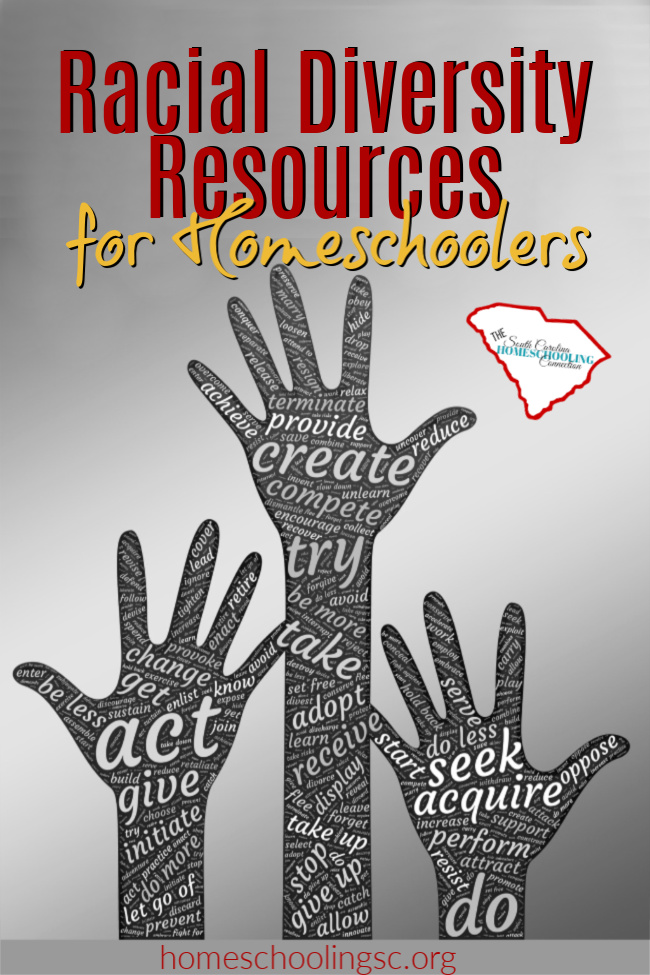
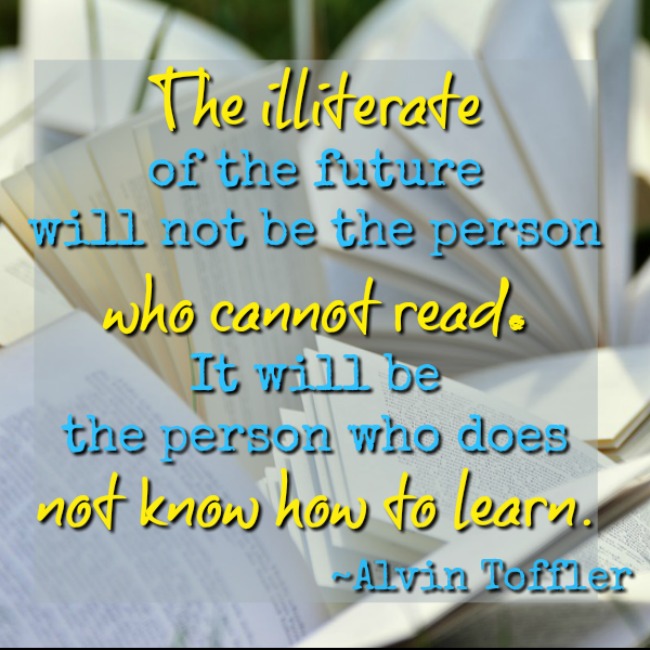
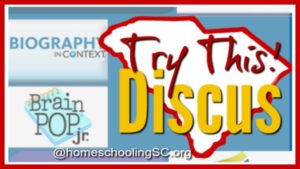

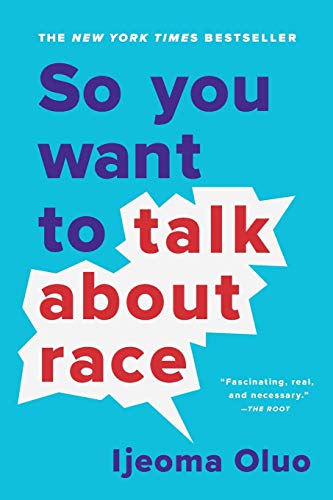
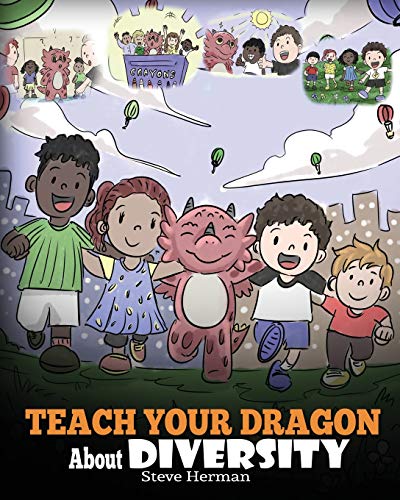

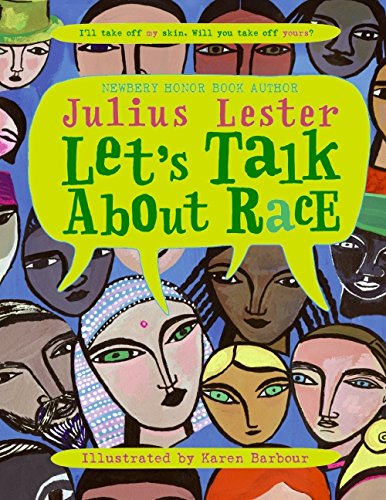



 A Treasure Hunt Homeschool Day
A Treasure Hunt Homeschool Day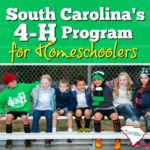 South Carolina’s 4-H Program
South Carolina’s 4-H Program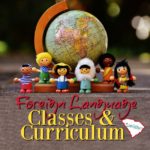 Foreign Language Classes and Curriculum
Foreign Language Classes and Curriculum What is the Best Homeschool Curriculum?
What is the Best Homeschool Curriculum?
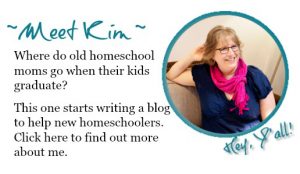



Speak Your Mind